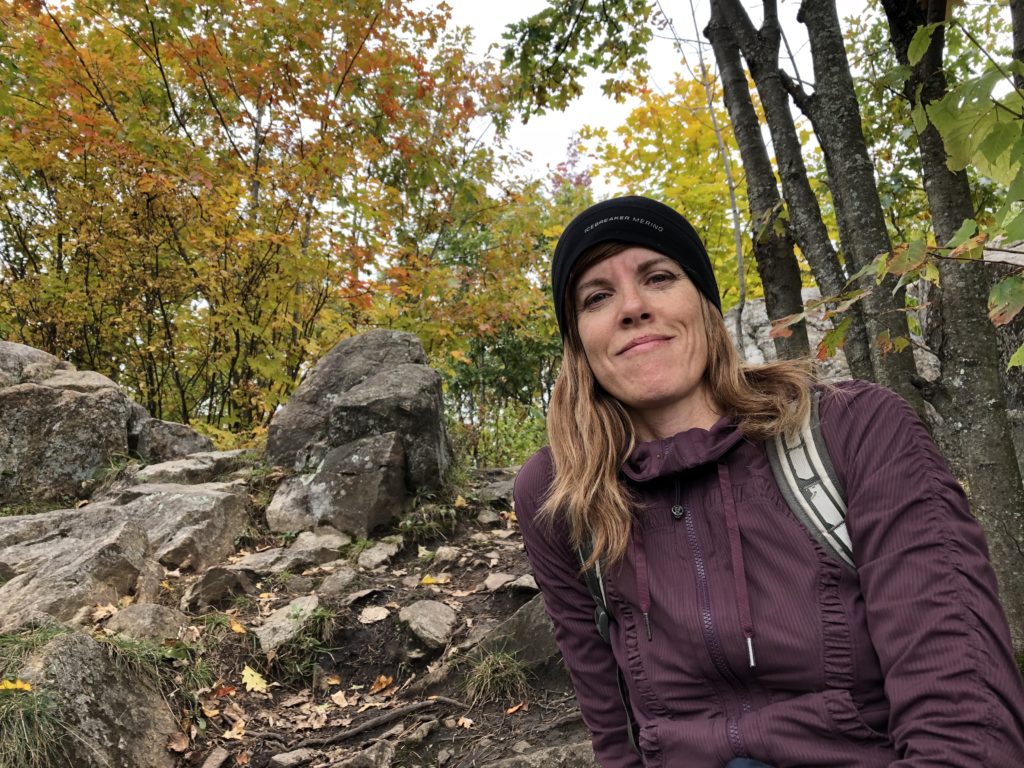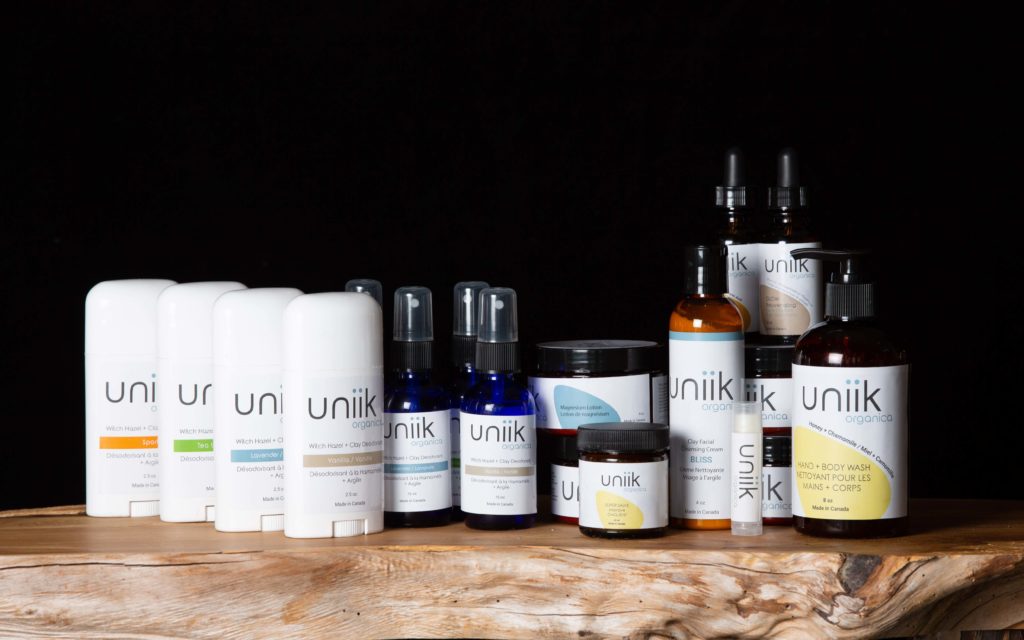
| COMPANY: | Uniik Organica |
| LICENCE TYPE: | Micro processor |
| APPROACH: | |
| TIMELINE: | ~10 months |
| COST: | ~ $50,000 |
| FACILITY: | Indoor, retrofit |
Denise Penczak had been making a magnesium cream for muscle pain to manage issues related to cancer. Her company, Uniik Organica, has a line of body care products like magnesium creams, salves, face creams, and deodorant.
Eventually she began adding cannabis to her magnesium cream formulation for added benefit. In early 2018, a friend who is connected with a licenced producer tried her product and encouraged her to get licensed, and she began looking into a cannabis micro processing licence.
Licensed in early August of this year, Uniik is now in the process of equipping their newly retrofitted facility in Saint-Sauveur, Quebec and hopes to have products available for consumers by the end of this year.

Penczak says she completed the entire licensing process on her own, with no outside consulting help. Uniik is a three person operation, she explains, with Penczak serving as the head of the company, the RPIC, the on-site alternate QA, and the alternate head of security. Her husband serves as head of security, and she contracts out work to her primary QAP.
Although she ran into some issues initially locating an appropriate site, applying all over Quebec before finding one small location in Saint-Sauveur, she says the process of licensing itself wasn’t particularly difficult but does say there are many unexpected fees and issues that have come up.
“Every day I’m still learning something new, realizing something else I have to do, or look at,” she explains. “I didn’t know about the security fees involved and those just popped up recently. It’s not really clear when you apply with Health Canada, about all that kind of stuff. It has the guidelines for what you need to submit your application, but they don’t really talk about the fees involved or what happens next.”
In addition, at the first location where she found a property, the city refused to issue her a business licence.
“I just assumed I could pick any commercial site, so I found a location, went to the municipality and they said absolutely not – you can’t have that kind of business here. So I started applying to all the cities to see who would let this happen.”
Eventually, she found one location, after applying all over the province.
“I actually found one small zone in Saint-Sauveur that basically allowed for just one small business, so now I’m the only one here.”
I think there is a fear getting into it about how much it’s going to cost and how much is involved, but if you have a dream of doing this, you have to just do it. You can’t look at the hurdles that are going to happen way down the road, you have to focus on what is right in front of you and do it.
Penczak says she spent about $40,000 retrofitting the approximately 2,000ft2 facility, using about half for licensed activities, and expects to spend another $60,000 now that she is licensed on manufacturing and packaging equipment. She submitted her licence in early November and received her licence in early August.
In addition to costs of securing a location and putting infrastructure in place, another sometimes hidden or forgotten expense, says Penczak, are the excise duty to be paid to CRA at time of licensing. For her licence, she says she estimates if they were maxing out their capacity as a microprocessor, their excise taxes would be upwards of $70,000. She says having her QAP writer her SOP’s also cost around $15,000.
Now that she is licensed, she says she has begun having talks with two provinces – BC and Ontario – about carrying her products later this year, starting with a personal lubricant with THC and CBD. Although she’s based in Quebec, the province is not allowing the sale of the products, something she says she is looking to change.

“Quebec will be out of the picture, for now anyway. But we are going to challenge that. They have edibles on the market so it doesn’t make any sense to not have topicals. So we’re looking at Ontario and BC to start, and they seem very interested.
“Just going into the provincial stores I’ve been to in Ontario, the demand is there for topicals, but it’s just not making it to all the stores.”
Currently, only three other producers are offering some type of topical product on the Canadian market.
Despite some challenges, Penczak says she thinks there’s a lot of opportunity for a small business like hers.
“I think there is a fear getting into it about how much it’s going to cost and how much is involved, but if you have a dream of doing this, you have to just do it. You can’t look at the hurdles that are going to happen way down the road, you have to focus on what is right in front of you and do it. And the people who said it won’t work or you can’t do it, I needed that as motivation to show them I can do it.”












